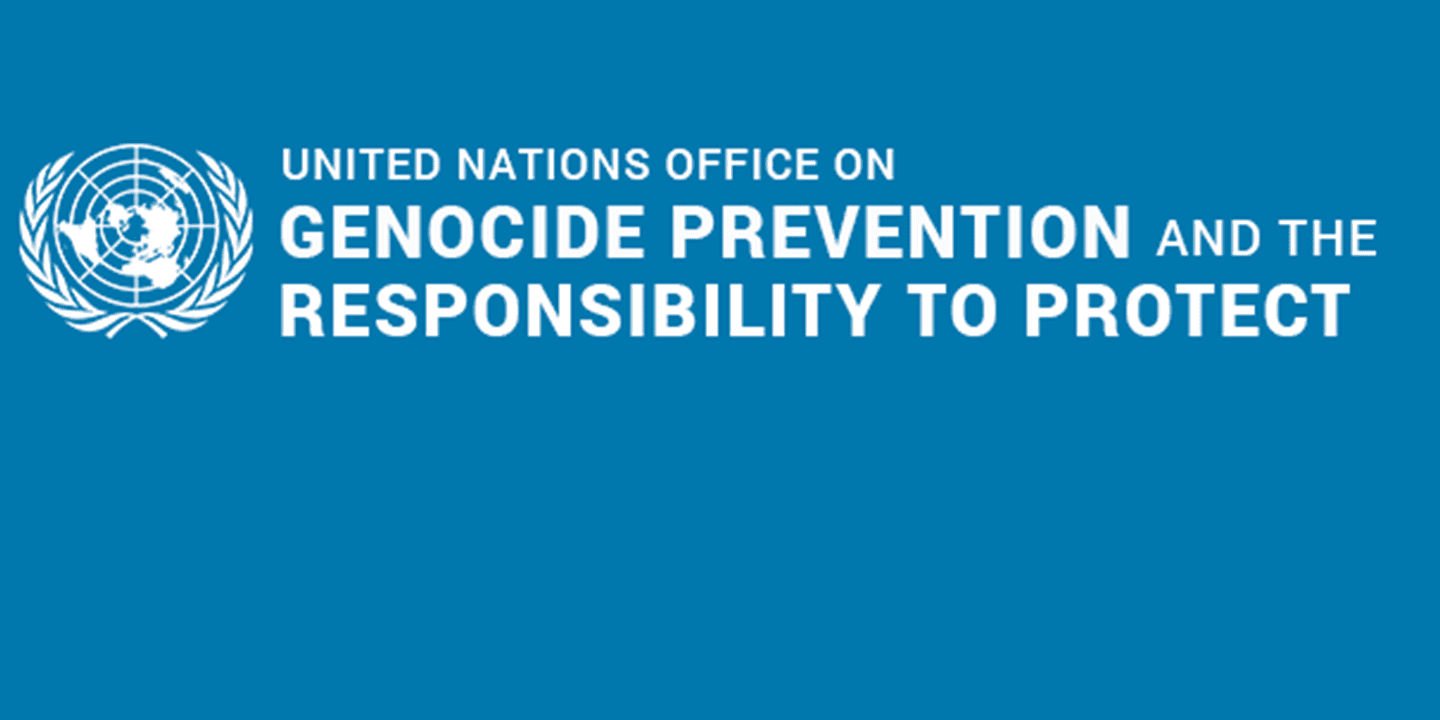
Statement by the UN Special Advisers on the Prevention of Genocide and the Responsibility to Protect on the situation in the Central African Republic (October 2013)
The United Nations Special Advisers on the Prevention of Genocide, Mr. Adama Dieng, and on the Responsibility to Protect, Ms. Jennifer Welsh,
expressed their deep concern over the deterioration in the situation in the Central African Republic, and called on the national transitional authorities to take urgent measures to protect the population against the risk of atrocity crimes and to restore the rule of law and public order. They also urged the international community to support regional initiatives by the African Union and the Economic Community of Central African States aimed at protecting the population and preventing further abuses.
The two Special Advisers referred to the continued reports of gross human rights violations committed in different parts of the country since the Séléka coalition seized power in March 2013. These have included the deliberate killing of civilians, acts of sexual violence against women and children, and the destruction and looting of property, including hospitals, schools and churches. According to the recent report issued by the United Nations High Commissioner for Human Rights on the “Situation of human rights in the Central Africa Republic” (A/HRC/24/59), most of these violations appear to have been committed by Séléka soldiers, acting with impunity. Transitional authorities have failed to take adequate measures to prevent further abuses.
“While the international community has yet to engage in a concerted way to prevent atrocities in the Central African Republic, there is still time to take steps to halt the escalation of this crisis and the suffering of the population,” stated the Special Advisers. “The breakdown of law and order and the apparent inability of the transitional authorities to exercise control over Séléka soldiers committing atrocities, could presage a deepening crisis and a return to large scale fighting. This, compounded with other risk factors, including religious tensions, has opened the door to the risk of atrocity crimes”.
Special Advisers Dieng and Welsh welcomed the appointment on 25 September by the Human Rights Council of an Independent Expert to monitor the human rights situation in the Central African Republic and called for the establishment of an independent and impartial body to investigate all allegations of serious human rights violations. The Special Advisers also underscored the need for any international or regional force deployed to the country to have a strong mandate for the protection of civilians.
The Special Advisers added that “while the international community is deeply engaged with crisis situations around the world and with the crisis in Syria in particular, we must not forget other populations that are equally in need of protection.”
In the 2005 World Summit Outcome Document, the Member States of the United Nations pledged to protect populations from genocide, war crimes, ethnic cleansing and crimes against humanity. The protection of the populations in the Central African Republic is the primary responsibility of the State. However, in face of the transitional authorities’ inability to effectively undertake that task, and with the threat of further attacks against civilians, the international community has a responsibility to assist the State to protect its populations. These efforts must include not only immediate measures to deal with the crisis, but should also focus on a sustainable long-term prevention strategy.